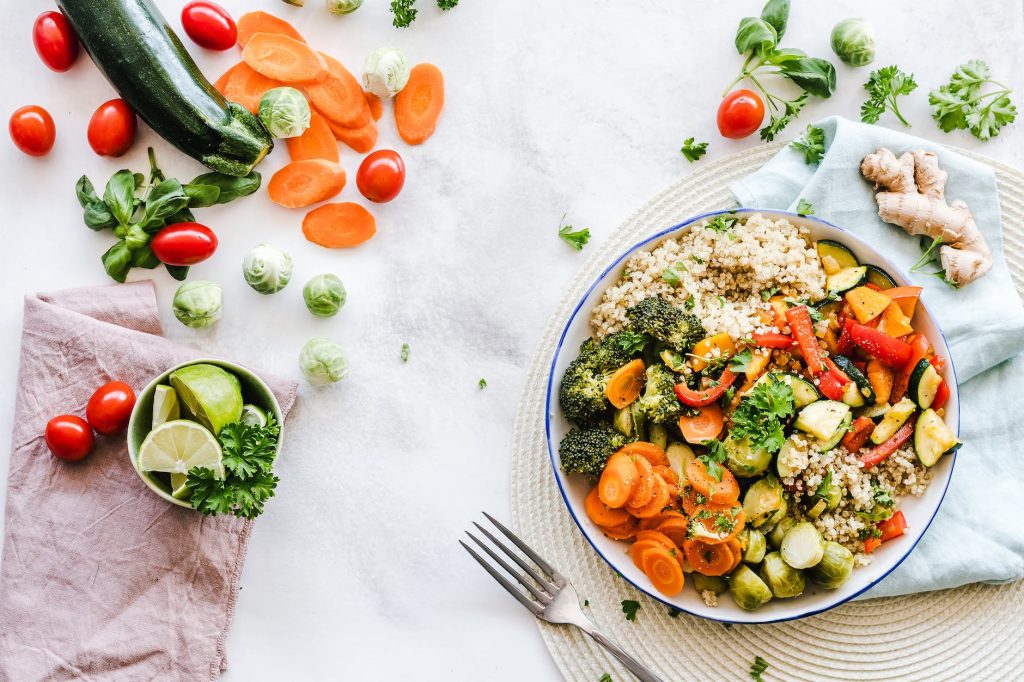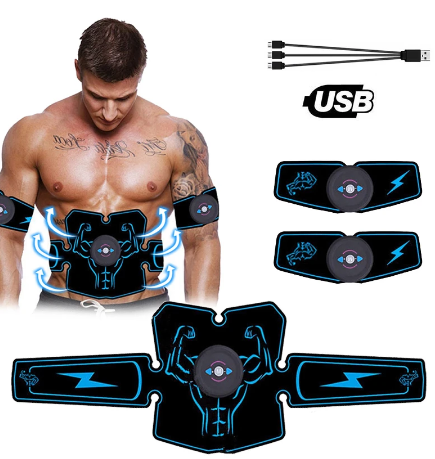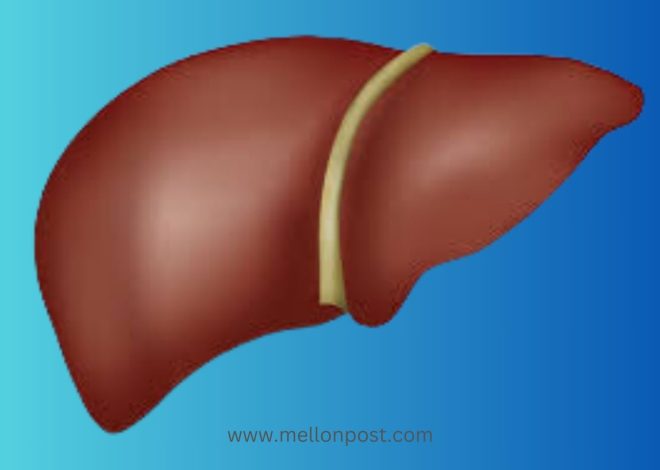
Weight Loss Tips: The ultimate guide to successful weight loss
Table of Contents
Embarking on a weight loss journey can be a challenging and often overwhelming process, but it is also one of the most rewarding experiences you can undertake.
Not only can weight loss improve your physical appearance, but it can also have a profound impact on your overall health and well-being.
In this guide, we will provide you with all the information and tools you need to successfully lose weight and keep it off for good.
Importance of weight loss
Enbacking on a weight loss journey can be very beneficial for a number of reasons. Firstly, being overweight or obese increases your risk of developing a number of serious health conditions, such as heart disease, diabetes, and certain types of cancer.
Additionally, carrying extra weight can put a strain on your joints, making it difficult to perform everyday tasks and leading to chronic pain.
Weight loss can help improve mental health. Many people who are overweight or obese struggle with low self-esteem, depression, and anxiety.
Losing weight can help to boost your confidence, improve your mood, and increase your overall sense of well-being.
Understanding the Basics of Weight Loss
Achieving weight loss success is not just about following a restrictive diet or exercising to exhaustion.
It’s also important to have a good understanding of the basics of weight loss, including how it works, the role of calorie intake and expenditure, and the importance of setting realistic goals.
How weight loss works
Weight loss occurs when the number of calories expended (through exercise and daily activities) is greater than the number of calories consumed. This will cause the body to burn stored fats for energy and in turn, cause you to lose weight.
The body stores fat in adipose tissue, which is a specialized type of tissue that is specifically designed to store excess energy in the form of fat molecules.
When the body needs energy, it releases fat molecules from the adipose tissue and burns them for fuel.
It’s important to note that weight loss is not just about reducing the number of calories consumed, it’s also about increasing the number of calories expended through physical activity.
Exercise helps to increase muscle mass, which in turn helps to boost metabolism, making it easier for the body to burn stored fat for energy.

The role of calorie intake and expenditure in weight loss
Calorie intake and expenditure play a critical role in weight loss. This is so because you have to create a calorie deficit if you must lose weight. This simply means that you have to burn/expend more calories than you consume on a daily basis.
This can be achieved by reducing the number of calories consumed through the diet, increasing the number of calories expended through exercise, or a combination of both.
It’s important to note that while reducing calorie intake is important, it’s also important to ensure that you are consuming enough calories to meet your body’s energy needs.
Also note that if you do not eat enough calories, it will also make it difficult for you to achieve your weight loss goal because your metabolism will slow down when you don’t have enough calories.
Eating too few calories can slow down metabolism and make it harder to lose weight.
Always set a realistic goal for your weight loss journey
Always make sure to set a goal that is realistic and achievable. Crash diets and extreme weight loss goals are often not sustainable and can lead to frustration and disappointment.
A healthy rate of weight loss is between 1-2 pounds per week. Although it looks like a small amount, it can quickly add up over a period of time in your weight loss journey.
Also, remember that weight loss is not a linear process and there will be setbacks and plateaus along the way. Setting realistic goals and being patient are keys to achieving long-term weight loss success.
In addition, it’s important to focus on other non-scale victories such as fitting into smaller-size clothes, having more energy, or feeling better overall. These are important markers of progress and should be celebrated as well.
Thus, understanding the basics of weight loss, including how it works, the role of calorie intake and expenditure, and the importance of setting realistic goals, is crucial for achieving weight loss success.
By keeping these principles in mind, you can develop a sustainable weight loss plan that works for you.
Developing a Healthy Diet Plan
A healthy diet plan is a crucial part of any weight loss journey. Eating nutritious, whole foods can not only help you lose weight but also improve your overall health and well-being.
In this section, we will discuss the importance of nutrition in weight loss, provide tips for creating a balanced diet plan, and recommend some of the best foods for weight loss.

Importance of nutrition in weight loss
Nutrition plays a critical role in weight loss. Consuming a diet that is high in nutrient density or whole foods can help to reduce calorie intake, boost metabolism, and support healthy weight loss.
Eating a diet that is high in fruits, vegetables, lean proteins, and whole grains can provide your body with the nutrients it needs to function properly, and also it can help reduce cravings for junk foods.
On the other hand, consuming a diet that is high in processed foods, added sugars, and saturated fats can lead to weight gain and increase the risk of chronic health conditions.
Tips for creating a balanced diet plan
Creating a balanced diet plan is vital to achieving weight loss success. Below are some tips that you can adopt right away:
- Eat more fruits, whole grains, vegetables, and lean proteins. These foods provide essential nutrients and help to control hunger and reduce cravings.
- Avoid food that is processed, has saturated fats, and added sugar. Because these foods tend to have high calories and less nutritional value as a whole.
- Be mindful of portion sizes. Eating too much of even healthy foods can lead to weight gain.
- Plan your meals in advance. This will help you to stay on track and avoid impulse eating.
The need for portion control in weight loss
Portion control is an important aspect of weight loss. Consuming more calories than your body needs can lead to weight gain, even if the foods you are eating are healthy.
One way to control portion sizes is to use smaller plates and bowls, as well as measuring cups and spoons. This will help you to visually gauge the appropriate portion sizes.
Another method is to eat slowly and stop eating when you feel full. It takes about 20 minutes for your brain to register that you’re full, so take your time while eating, and listen to your body.
Recommended foods for weight loss
Incorporating the following foods into your diet can help support weight loss:
- Fruits and vegetables: They are low in calories and high in fiber, vitamins, and minerals.
- Lean proteins: Such as chicken, fish, tofu, and legumes. They can help to control hunger and boost metabolism.
- Whole grains: Such as quinoa, brown rice, and oats. They provide energy and help control hunger.
- Nuts and seeds: They are a good source of healthy fats and protein, which can help to control hunger and reduce cravings.
- Low-fat dairy: Such as milk, yogurt, and cheese. They provide essential nutrients and help to control hunger.
In summary, developing a healthy diet plan that is rich in nutrient-dense, whole foods is essential for weight loss success.
By following a balanced diet plan and controlling portion sizes, you can lose weight in a sustainable and healthy way.
Remember to include a variety of nutrient-dense foods in your diet, and limit your intake of processed foods, added sugars, and saturated fats.
Also read: Creating A Personalized Diet Plan: What you need to know
Incorporating Exercise into Your Weight Loss Journey
Exercise is very crucial when you talk about weight loss. Not only does it help to burn calories, but it also helps to boost metabolism, increase muscle mass, and improve overall health and well-being.
In this section, we will discuss the importance of physical activity in weight loss, provide tips for creating an effective exercise plan, recommend some of the best exercises for weight loss, and discuss how to track your progress.
Importance of physical activity in weight loss
Physical activity is essential for weight loss. It helps to increase the number of calories expended, which in turn helps to create a calorie deficit and promote weight loss.
Exercise also helps to boost metabolism, which can make it easier for the body to burn stored fat for energy.
In addition, regular exercise can help to increase muscle mass, which in turn can boost metabolism and make it easier for the body to burn calories.
Exercise also has a positive impact on overall health and well-being. It can help to reduce the risk of chronic health conditions, improve mental health, and increase energy levels.
Tips for creating an effective exercise plan
Creating an effective exercise plan is critical to achieving weight loss success. Below are some important tips that can come in handy:
- Find an activity that you enjoy. If you don’t enjoy the exercise you may likely not do it for a long enough time before you can start seeing results.
- Incorporate a mix of cardio and strength training. Cardio exercises such as running, cycling or swimming, help to burn calories and improve cardiovascular health. While strength training exercises such as weightlifting or bodyweight exercises, help to build muscle mass and boost metabolism.
- Increasing the intensity and duration of your workout should be done gradually to prevent burnout and any injury.
- Schedule your exercise into your daily routine. This will help to ensure that you make time for it.

Recommended exercises for weight loss
The following exercises are effective for weight loss:
- Cardio exercises: such as running, cycling, swimming, or high-intensity interval training. These exercises help to burn calories and improve cardiovascular health.
- Strength training exercises: such as weightlifting or bodyweight exercises. These exercises help to build muscle mass and boost metabolism.
- High-intensity exercises: such as Tabata, or HIIT (High-Intensity Interval Training) are short and intense workouts that can burn a lot of calories in a short amount of time.
- Yoga and Pilates: These exercises can help to build strength and flexibility, and also help to reduce stress.
How to track your progress
Keeping track of your progress is very essential to know how far you have gone. This will help you to see the progress you’re making and stay motivated. Here are a few ways to track your progress:
- Keep a food and exercise diary: This will help you to see how many calories you’re consuming and expanding.
- Take measurements: Measure your waist, hips, and thighs to see how your body is changing.
- Take progress photos: Take photos of yourself every 4-6 weeks to see how your body is changing.
- Monitor your weight: Weigh yourself every 1-2 weeks. However, it’s important to note that weight can fluctuate, so it’s not the only measure of progress.
Thus, by creating an effective exercise plan, incorporating a mix of cardio and strength training, and tracking your progress, you can lose weight in a sustainable and healthy way. Remember to find an activity that
Also read: Home Workout 101: How to create an effective workout plan.
Staying Motivated and Overcoming Challenges
Losing weight is a journey, and like any journey, it comes with its own set of challenges. Staying motivated and overcoming obstacles are key to achieving weight loss success.
Tips for staying motivated during weight loss
Staying motivated during your weight loss journey can be challenging, but it’s essential for achieving success. Below are some tips that can help you stay motivated:
- Set realistic and achievable goals. Having a clear idea of what you want to achieve will help you stay focused and motivated.
- Find a support system. Whether it’s a friend, family member, or online community, having people to support you can make a big difference.
- Keep track of your progress. Seeing the progress you’re making can help to keep you motivated.
- Reward yourself for your efforts. Treat yourself to something special when you reach a milestone or achieve a goal.
- Remember why you started. When motivation is low, remind yourself of your reasons for starting the journey and how far you’ve come.
How to handle setbacks and obstacles
Also read: Stress-Relief 101: Understanding the causes and effects of stress
Setbacks and obstacles are a normal part of any weight loss journey. The key is to not let them discourage you and to find ways to overcome them. Here are a few strategies for handling setbacks and obstacles:
- Acknowledge the setback: Recognize that it happened and that it’s normal.
- Identify the cause: Figure out what caused the setback, and try to find ways to prevent it from happening again.
- Get back on track: Don’t let the setback discourage you. Get back to your healthy habits as soon as possible.
- Be kind to yourself: Be compassionate with yourself and don’t forget that setbacks are just part of the journey.
The importance of self-care and self-compassion
Self-care and self-compassion are essential for weight loss success. Taking care of yourself emotionally and physically can help you to stay motivated and overcome obstacles.
Here are a few ways to practice self-care and self-compassion:
- Prioritize sleep. Getting enough sleep can help to boost metabolism and improve overall health.
- Practice mindfulness. Mindfulness can help to reduce stress and improve mental health.
- Take time for yourself. Make sure to create time each day for something you really enjoy.
- Be kind to yourself. Treat yourself with the utmost kindness and compassion, and also recognize that setbacks are just part of the journey.
How to celebrate your progress
Celebrating your progress is an important part of weight loss success. It helps to keep you motivated and reminds you of how far you’ve come. Here are a few ways to celebrate your progress:
- Recognize your achievements: Take note of the progress you’ve made and give yourself credit for it.
- Treat yourself: Reward yourself with something special when you reach a milestone or achieve a goal.
- Share your progress: Share your progress with friends, family, or the online community.
- Reflect on your journey: Take time to reflect on your journey, and remember how far you’ve come.
In conclusion, losing weight can be a challenging and often overwhelming process, but with the right information and tools, it is also one of the most rewarding experiences you can undertake.
Continue reading: 10 Ways to Improve Your Life With Garlic




One thought on “Weight Loss Tips: The ultimate guide to successful weight loss”